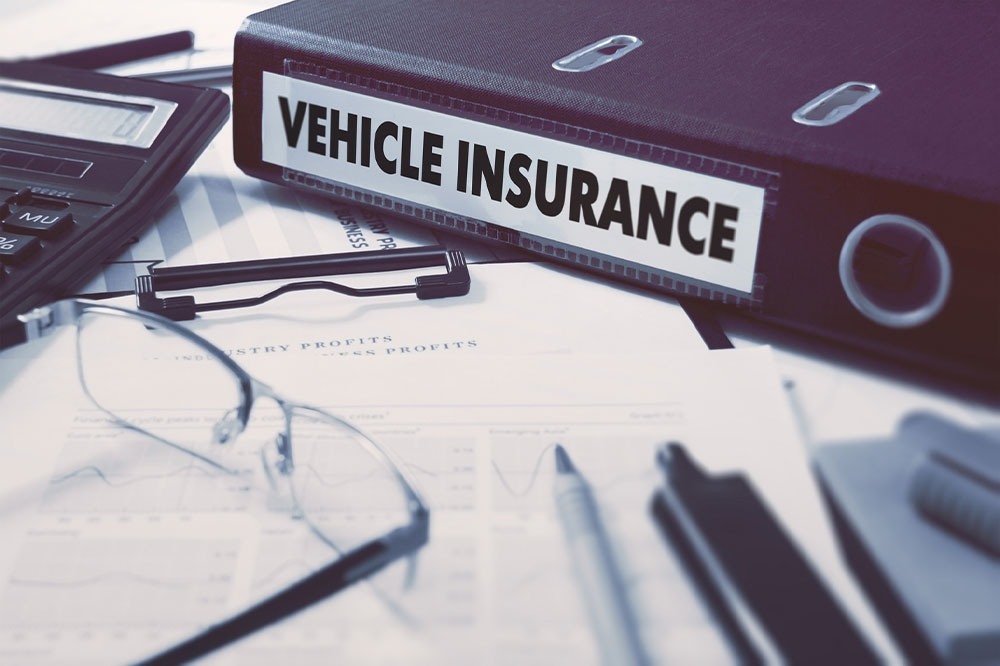Comprehensive Guide to Car Insurance: Essential Knowledge for Every Driver
This comprehensive guide provides drivers with essential knowledge about auto insurance, including types of coverage, key terms, legal requirements, and tips for selecting the right policy. Understand how to protect yourself financially and ensure compliance with state laws, making informed decisions to secure your vehicle and peace of mind on the road.

Understanding Car Insurance: An In-Depth Overview for Drivers
Car insurance is an indispensable aspect of vehicle ownership, providing vital financial protection and ensuring compliance with legal requirements. Whether you own a vehicle, frequently park it in public or private spaces, or lend it to friends or family members, having appropriate auto insurance coverage is crucial. Especially for new drivers, navigating the myriad of policy options and coverage types can seem daunting, but understanding the fundamentals can empower you to make confident, informed decisions. This extensive guide explores all essential aspects of car insurance, from key definitions to tips on choosing the right policy.
What Is Auto Insurance? Auto insurance is a contractual agreement between you and an insurance provider that offers financial protection against damages or losses resulting from car accidents, theft, vandalism, or other covered events. When you purchase a policy, you pay a regular premium—monthly, quarterly, or annually—to the insurer. In return, the insurance company agrees to cover certain costs associated with covered perils based on your specific policy terms. This arrangement helps protect your financial stability and mitigates the risks associated with driving.
Types of Coverage: Auto insurance policies come with various coverage options designed to address different scenarios. Understanding these types is essential for selecting appropriate protection:
Liability Coverage: This fundamental coverage pays for damages and injuries you cause to other drivers, passengers, or pedestrians. It typically includes bodily injury liability and property damage liability, ensuring you are legally protected if found at fault in an accident.
Personal Injury Protection (PIP): Also known as no-fault insurance in some states, PIP covers medical expenses for you and your passengers regardless of who caused the accident. It may also cover lost wages and other related costs.
Comprehensive Coverage: This protects against damages not resulting from a collision, such as natural disasters (floods, storms), vandalism, theft, or fire. It's an essential coverage for safeguarding your vehicle against various unforeseen events.
Collision Coverage: This provides protection for damages to your vehicle resulting from impact with other vehicles, objects, or rollover events. It helps cover repairs or replacement costs after an accident.
Uninsured/Underinsured Motorist Protection: This coverage kicks in if you're involved in an accident with a driver who lacks sufficient insurance. It helps cover medical expenses and damages caused by uninsured or under-insured drivers.
Important Insurance Concepts: Familiarity with key insurance terms helps you understand your policy better:
Coverage Limits: These are the maximum amounts an insurer will pay for a claim. Selecting higher limits provides greater protection but may increase premiums.
Deductibles: The amount you agree to pay out-of-pocket before your insurance coverage begins to pay. Higher deductibles generally result in lower premiums but require more upfront costs in case of an accident.
Minimum Coverage Requirements: Each state mandates minimum coverage levels your insurance policy must meet, ensuring basic financial protection for all drivers.
Full Coverage: A comprehensive package combining liability, collision, and comprehensive coverages, offering extensive protection for your vehicle.
Premiums: The amount you pay periodically for your insurance policy, influenced by factors like vehicle safety features, age, driving history, and coverage choices.
Why Is Car Insurance Critical?
Car insurance isn’t just a legal requirement; it is vital for safeguarding your financial health and peace of mind. Most states mandate drivers to carry minimum liability insurance to operate legally, with penalties including fines, license suspension, or even vehicle impoundment for non-compliance. Beyond legal obligations, auto insurance significantly reduces the financial burden associated with accidents, theft, and damages. Without coverage, you could face substantial out-of-pocket expenses for repairs, medical bills, or legal costs. Additionally, having proper insurance provides reassurance that, in unforeseen events, you and your loved ones are protected against severe financial loss and emotional stress.Who Does Auto Insurance Cover?
Auto insurance policies typically extend their coverage beyond just the policyholder. Depending on the policy details, coverage can include family members living in your household or other authorized drivers. It’s crucial to specify all drivers on your policy to ensure they are protected while operating your vehicle. Keep in mind that auto insurance generally applies to personal use—commuting, errands, or leisure trips—rather than commercial or professional use unless explicitly stated. Review your policy carefully to understand who is covered and under what circumstances to avoid surprises during claims processing.In conclusion, understanding the nuances of auto insurance is essential for every driver. From knowing the types of coverage available to understanding key concepts like deductibles and coverage limits, being informed helps you select the optimal policy suited to your needs. Ensuring compliance with state laws and safeguarding your financial stability should be your top priorities when choosing auto insurance. Remember, the right coverage not only fulfills legal obligations but also provides peace of mind and protection against unforeseen financial setbacks on the road.





